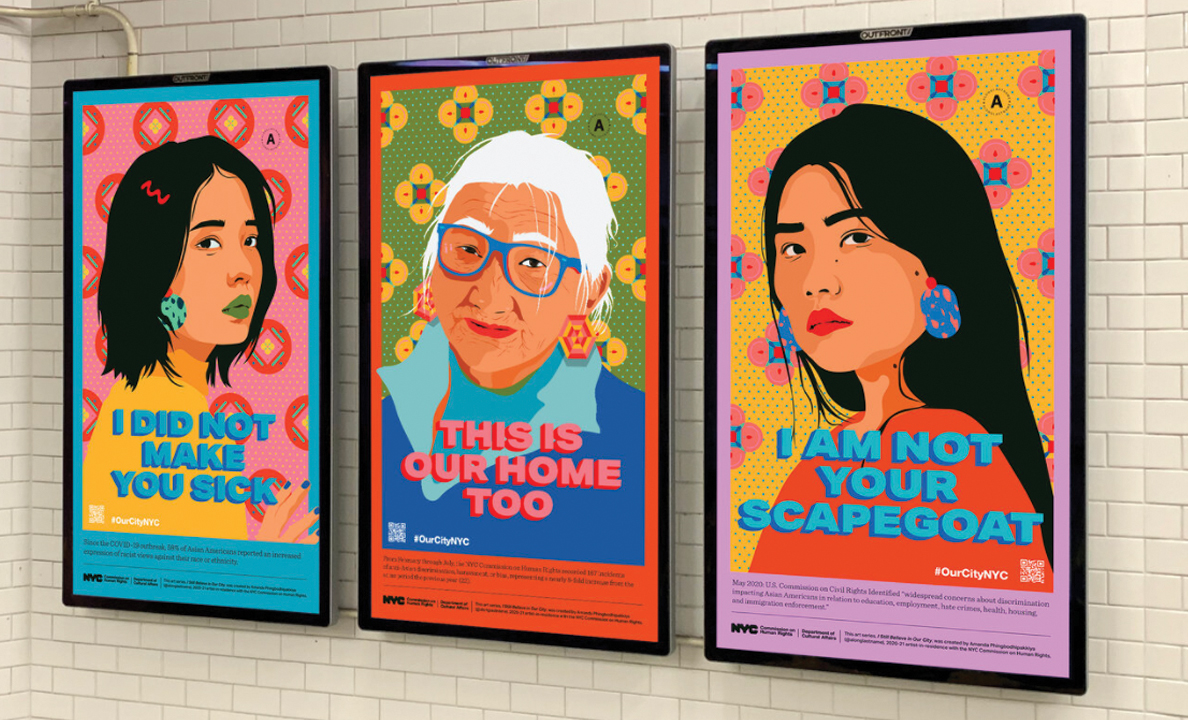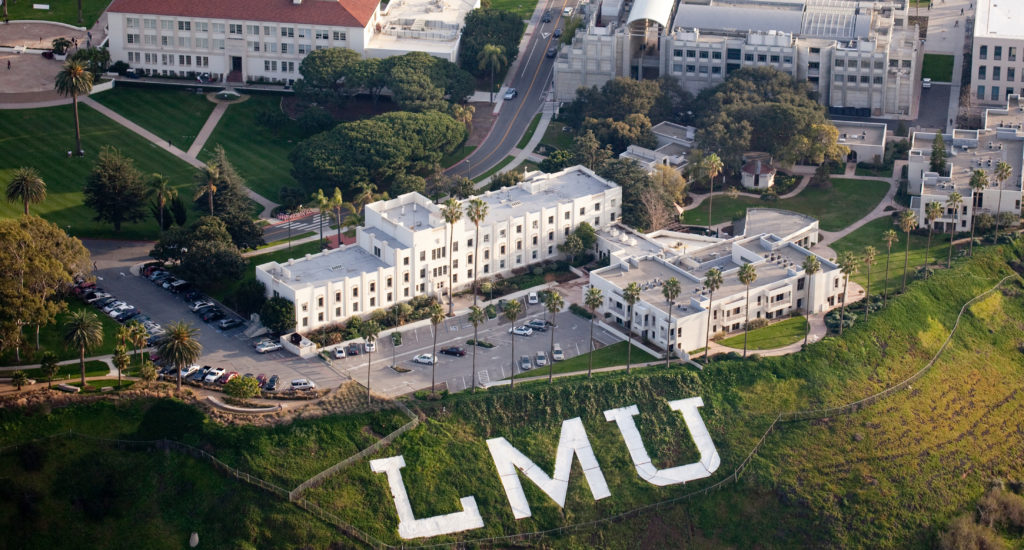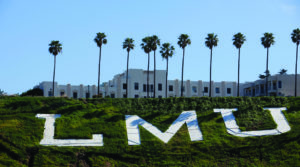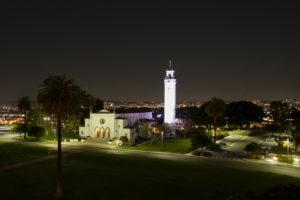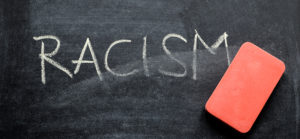Photo Credit: A piece by artist Amanda Phingbodhipakkiya in the NYC I Still Believe in Our City art series. 2020
By Stella Oh, Ph.D.,
Professor of Women’s and Gender Studies
Our country is hurting. It’s hurting from a deadly pandemic that has taken the lives of hundreds of thousands, wreaked havoc on the economy, and disrupted our daily routines. But our country is also reeling from the insidious ugliness of racism and sexism that have festered in our society.
I’ve had multiple conversations with students, colleagues, and friends regarding the Black Lives Matter movement, participated in protests, supported causes for racial justice and an end to police brutality. But the shooting of eight people in Atlanta, six of whom were women of Asian descent, made it very personal. As an Asian American female and immigrant, this struck very close to home. I’ve spoken to family and friends who have been targets of racially motivated violence, both verbal and physical. They are scared; they are angry; they are frustrated, and so am I.
My parents never spoke out about racism pretending that the racists slurs that were hurled at them didn’t disturb them because they didn’t want me to be upset. They tried their best to brush away the hot embers of racist flames while being burned alive. Asian Americans were the model minority after all, right? Most of us in the AAPI community have grown up with this misleading stereotype and many have also internalized the model-minority myth of trying to be good, successful, and most of all silent. But this myth of the model minority doesn’t provide privilege; the idea of the model minority is exactly that – a model for other minorities, effectively pitting Asian Americans against other minority groups.
The model minority myth also provides an illusion that if we are silent, submissive, and grateful to be in America, then we would be welcomed and find belonging in the United States. The deceptive cloak of the model minority myth has made racist acts against Asian Americans invisible. Such invisibility coupled with apathy has fueled the flames of racist and misogynistic violence toward the AAPI community. STOP AAPI Hate, which collects data on hate incidents against Asian American and Pacific Islander communities, notes that between 2020-21 there were 3,800 incidents recorded and more than two-thirds involved women.
We often times see racially motivated hate crimes as sexual offenses against women, ignoring the intersectionality of these crimes as both racist and sexist. All too often we fail to see or ignore histories of colonialism and imperialism that contribute to the racial hypersexualization of AAPI women. Hackneyed tropes like “me love you long time” are repeated not only in films such as “Full Metal Jacket” but also hurled at AAPI women as they go about their daily life. Fetishization of Asian women as acquiescent sexual commodities and the corresponding emasculation of Asian men have a long disturbing history in the U.S.
When we stop and think about the women who were killed in Atlanta, we don’t talk about the fact that they lived and worked at massage spas, ignoring the shadow economy of human trafficking and the plight of women to survive under extraordinary circumstances. These were working-class immigrant women who were struggling to make ends meet when their lives were abruptly cut short. But that part of the story never makes national headlines. The media focuses on the sexual temptations of the shooter rather than on the women and the inequitable and precarious conditions that shape their lives.
Enough is enough. As Mitsuye Yamada notes, “we need to raise our voices a little more, even as they say to us, ‘This is so uncharacteristic of you. Invisibility is not a natural state for anyone.’” We need to speak out and call out injustices when we see them because caring for others is a form of political praxis. It is central for working toward a transformative change our world sorely needs. We need to come out of the psychic and physical silos we self-isolate and shield ourselves in and hold ourselves and each other accountable.
OIA Buzz
- Explore
LMU’s Asian American and Pacific Islander Heritage Month hub and uplift the AAPI Community.
- Attend
Biblical Narratives for Dismantling Racism, a free Facebook Live webinar on Wednesday, May 12: CRS Lecturer Juan Escarfuller will both give this workshop and also teach a short course on the same topic over the five Wednesday evenings of the month of June.
- Sign Up
Cultural Consciousness Conversations hosts a cohort of faculty, staff, and administrators from all over LMU in a yearlong intergroup dialogue. Through discussion of topics such as microaggressions, power and privilege, gender identity, and racism, participants are able to share perspectives, learn from others, and build the knowledge and self-awareness that bridges gaps across cultural and identity differences. Current recruitment has been extended through summer. Sign up now for more information.
- In Six Words
In her six-word story, Jacqueline Leung, university advisor for the Academic Resource Center, addresses the immigrant experience.
“Say English is your first language.”
Jackie says: I was born in Hong Kong and grew up in a bilingual household, learning both Cantonese and English. When we moved to the U.S. at age 5, my mom deliberately disclosed that English was my first language at my new elementary school (in a predominantly white community in Oregon). Even with this, my “immigrant status” and my presumed lack of English proficiency continued to impact my academic opportunities well into high school.
